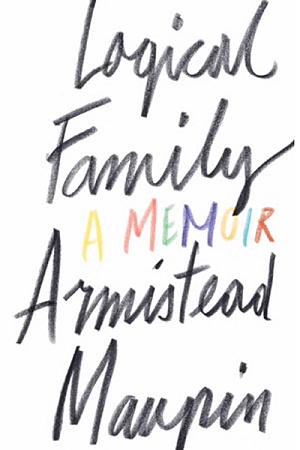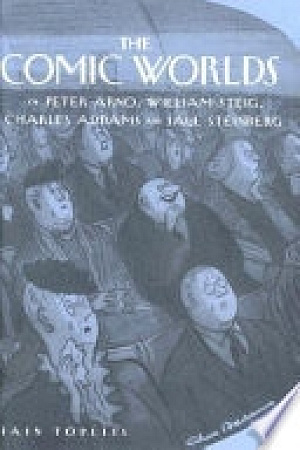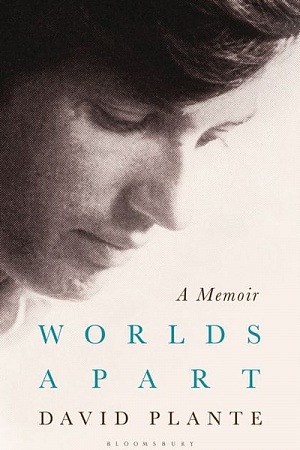General Peter Cosgrove: My Story
HarperCollins, $49.95 hb, 468 pp
Cosgrove: Portrait of a Leader
Random House, $34.95 pb, 301 pp
Candour and ferocity
George Orwell begins Homage to Catalonia with a description of an Italian militiaman whom he encounters briefly at the Lenin Barracks in Barcelona as he is about to join up.
He was a rough looking youth of twenty-five or six, with reddish yellow hair and powerful shoulders … Something in his face deeply moved me … I hardly know why, but I have seldom seen anyone – any man I mean – to whom I have taken such an immediate liking … As we went out, he stepped across the room and gripped my hand very hard. Queer the affection you can feel for a stranger! It was as though his spirit and mine had momentarily succeeded in bridging the gulf of language and tradition and meeting in utter intimacy.
There is certainly a refreshing candour in My Story and a good deal of pleasant anecdote and humour, but, on the whole, not a lot of ferocity. Cosgrove is most at ease and most readable when he can be convincingly diffident, mocking his own pretensions or, more often, the embarrassing lack of them, as in his account of his arrival at Duntroon Military College. Just short of eighteen, with a ‘lot of growing up to do, both physically and emotionally’, coming off a modest performance in his second try at the Leaving Certificate, with a school track record of larrikin insouciance, the young Peter Cosgrove had every reason to feel nervous as he boarded the bus outside the Canberra station for the short trip to Duntroon. Finding he is sitting next to ‘a fellow who seemed about my age (although years more mature)’, Cosgrove decides to ‘break the ice’. As a result, he discovers that this young man is a product of one of Sydney’s most prestigious private schools, that he had been school captain, a senior cadet, captained the School XV and had been selected for the combined GPS rugby team. Despondently, Cosgrove asks about cricket, assessing himself as ‘no world beater [but] better [at cricket] than at rugby’. His delight in hearing that his companion never played the game is quickly snuffed out when the young man explains that, as stroke of the school eight when his school won the Head of the River, he had no time for cricket. ‘We sat in silence for a moment and then he turned to me and said, “What about you?” I said morosely, “I’m on the wrong bus!”’
Continue reading for only $10 per month. Subscribe and gain full access to Australian Book Review. Already a subscriber? Sign in. If you need assistance, feel free to contact us.











Leave a comment
If you are an ABR subscriber, you will need to sign in to post a comment.
If you have forgotten your sign in details, or if you receive an error message when trying to submit your comment, please email your comment (and the name of the article to which it relates) to ABR Comments. We will review your comment and, subject to approval, we will post it under your name.
Please note that all comments must be approved by ABR and comply with our Terms & Conditions.